After the decay of Old Great Bulgaria of ruler Khan Kubrat his second son Kotrag migrated northwards with another group of Proto Bulgarians. He settled in the Middle Volga basin and around the year 660 founded Volga Bulgaria. Today evidence of its history can be found at the Bulgarian Historical and Architectural Museum-Reserve in Tatarstan.
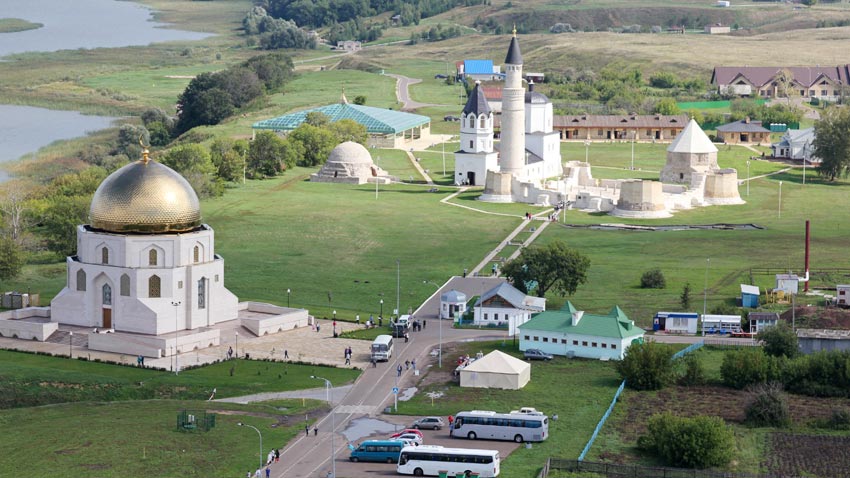
Kotrag (or Kodrag) is considered a legendary figure. He is mentioned indirectly in the Byzantine chronicles, yet no reliable written sources have been found, Deputy-Director for Science of the Bulgarian Historical and Architectural Museum-Reserve Andrey Fashutdinov says. Kutrag and the Proto Bulgarians settled in a very communicative place. Many large rivers and trade routes crossed that area. Large economic, cultural and political centers emerged there which formed a gateway between the East and the West. Unlike the First Bulgarian Empire which adopted Christianity in 864, Islam was the official religion in Volga Bulgaria in 922 under Almush Khan.
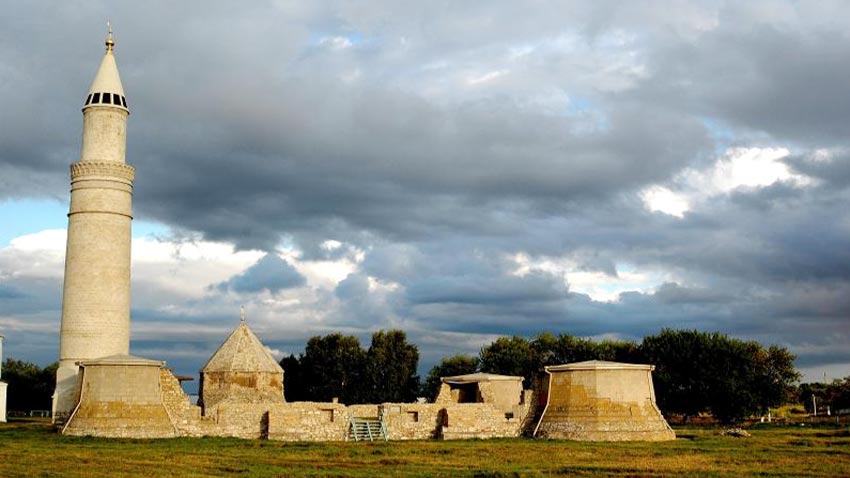
However, part of the population continued to follow the ancient pagan rituals. There were some Christians as well. The active economic and cultural ties with Middle Asia which was at that time under the Islam contributed to the adoption of Islam in Volga Bulgaria. The first Bulgarians who adopted Islam there were merchants and travelers.
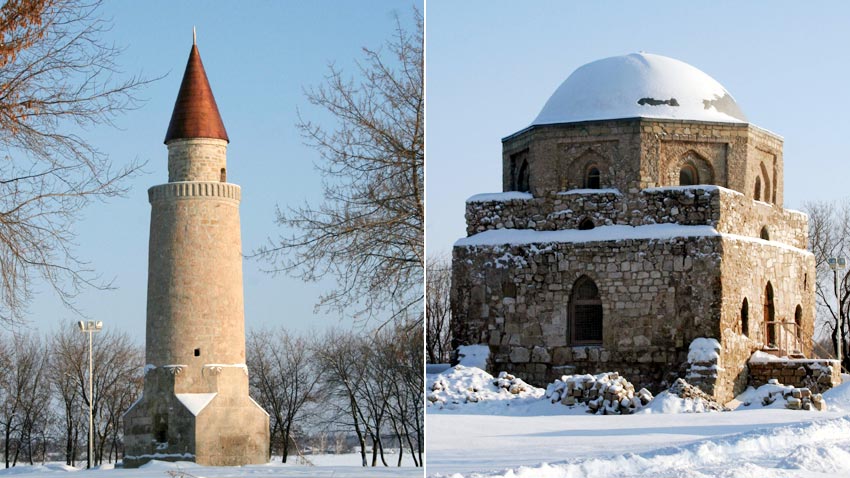
Later, Islam gradually spread amidst the tribes living in that territory. It influenced the script used by the Volga Bulgarians, Andrey Fashutdinov went on to say and added:
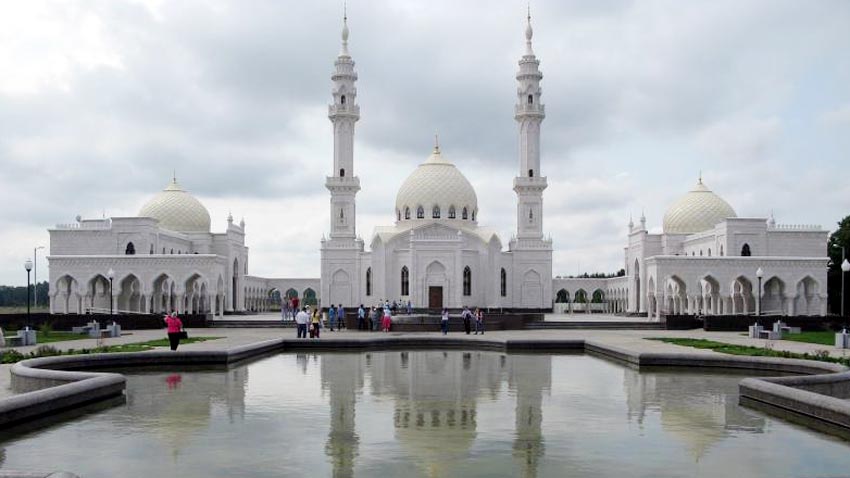
“The Volga Bulgarians used the ancient Turkic Runic alphabet before adopting Islam. Our museum keeps some items with runic script, mainly separate symbols. Until the 12th-13th century they were used as signs of the craft guilds, for instance by the potters and were placed on the bottoms of the ceramic pots or as birth signs. After the adoption of Islam a script based on the Arabic alphabet become popular there. It was used until the 1920’s, i.e. until the Bolsheviks came into power. ”
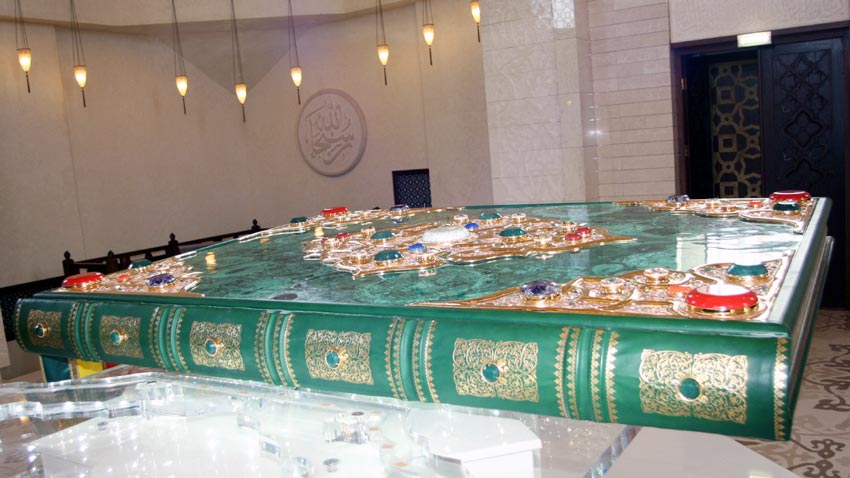
The Volga Bulgars were the only people who put up a resolute resistance against the Mongols during the famous “ram battle” in 1223, Andrey Fashutdinov explains:
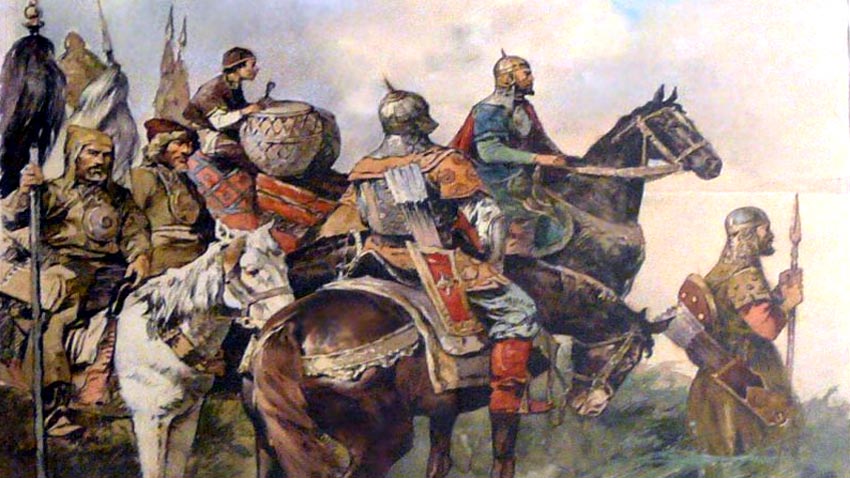
“The battle between the Volga Bulgars and the Mongol army was held in the region of Samarska Luka. When the Volga Bulgars learned about the Mongol attack they faked a retreat and trapped the enemy. The Volga Bulgars crushed the Mongols thanks to that military maneuver. Many Mongols were captured during the battle of Samara Bend. After the battle, the Volga Bulgarians exchanged the captured Mongols for rams which was a huge disgrace for the Mongol army. Thus, the battle remained in history as the ram battle.”
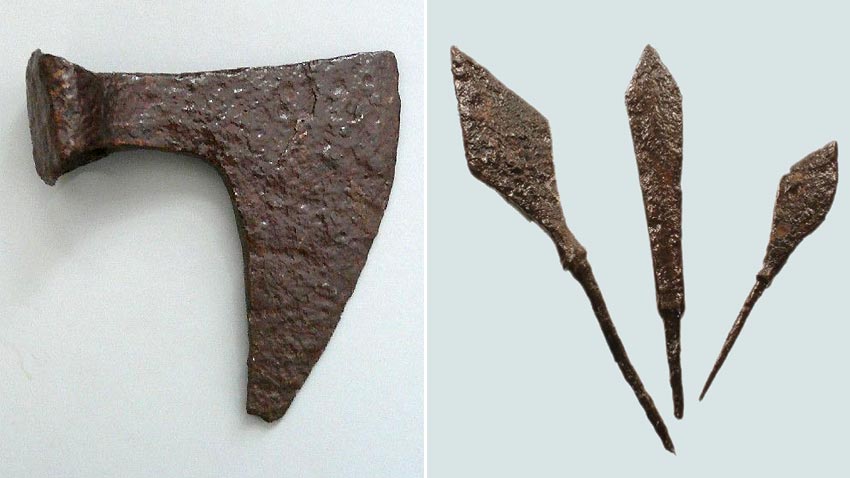
The zenith of Volga Bulgaria was in the 12th century and the beginning of the 13th century until 1236 when it was conquered by the Mongol army:
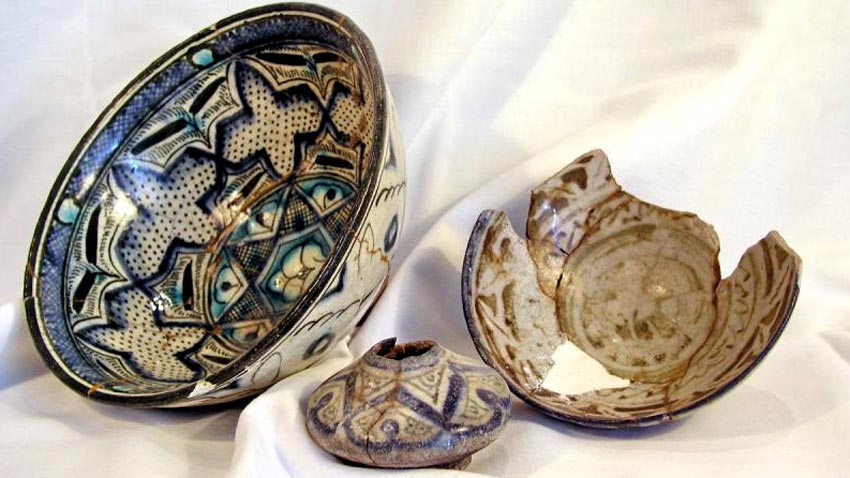
“The Volga Bulgars were skilled traders. They traded with many countries, including China. They had business all over Siberia. They brought precious furs from Siberia and mined fossil bones and tusks of mammoths there. Later, they sold them at the markets in Volga Bulgaria, Europe and Asia. They reached the White Sea of the Arctic Ocean and brought fur and walrus tusks from that region. They also had a high-tech craft production used for local consumption and for export. In the 14th century the local people produced iron, whereas iron production spread across Eastern Europe much later – in the 16th century. Archaeologists found many cast-iron foundries. The Volga Bulgarians used to make fine jewelry as well. Even nowadays the Tatars are still using their ancient technologies. Glass-making was also popular in Volga Bulgaria. Of course, the Volga Bulgars were glorious warriors as well. They had a very powerful army. The cavalry played the main role in their army and the heavily armed infantry played a supporting role.”
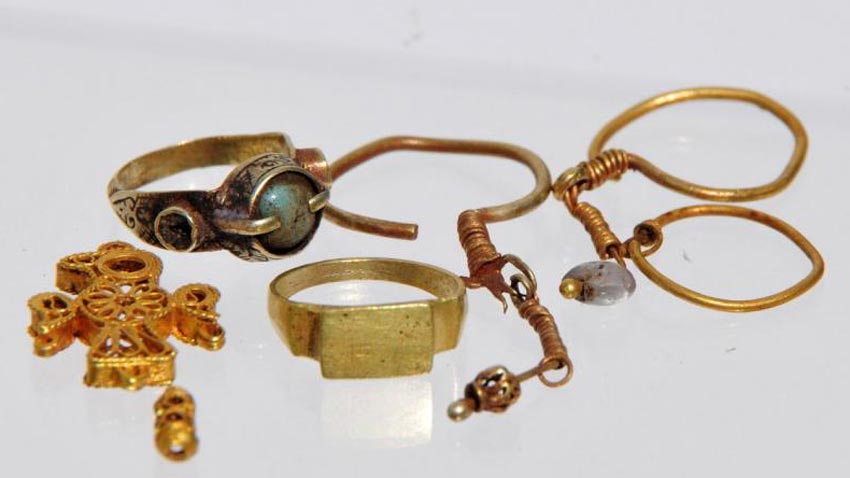
The Volga Bulgarians also reached a very high level of spiritual culture, science and education, Andrey Fashutdinov pointed out:
“Writing was very wide spread in Volga Bulgaria which was due to the educational system. All boys and girls started to write and read at a very young age at the schools which were once part of the local mosques. A large part of the population was literate. Islam made people study Arabic. However, some of them studied other Eastern languages as well. The literate person in Volga-Kama Bolghar had to know several languages”, Andrey Fashutdinov concluded.
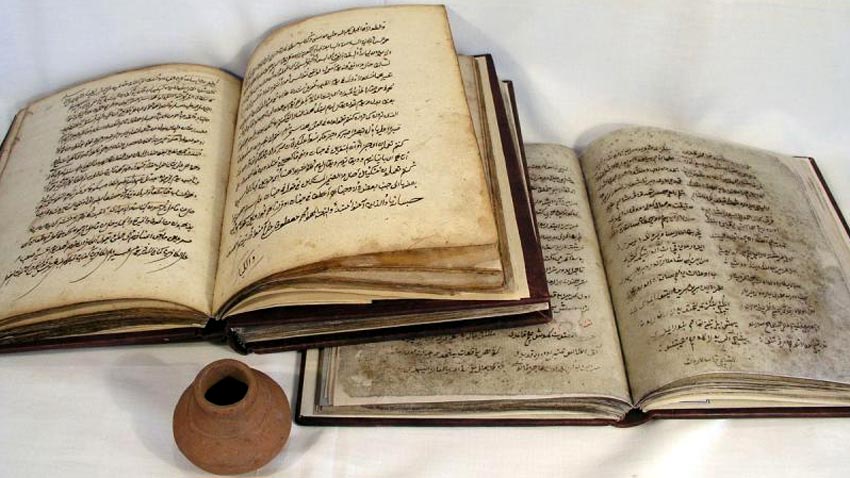
English version: Kostadin Atanasov
Photos: bolgar.infoOn 20 April, all Christians will celebrate the Resurrection of Christ. Against the backdrop of our divided and troubled world, Catholics, together with Orthodox Christians, Armenians and Protestants, will send a message of hope and share the joy of the..
Holy Saturday services begin on Friday evening with Vespers. The Church commemorates the burial of Christ the Saviour and His descent into hell to save the righteous who had died before His work of redemption. Joseph of Arimathea and Nicodemus, with..
On Good Friday, the saddest day for Christians, the liturgy commemorates the suffering, crucifixion and death of Jesus Christ, who sacrificed himself for the guilt and sins of humanity. The service at the Metropolitan Cathedral "St. Nedelya" in..
In 2025, the Catholic and Orthodox churches celebrate Easter on April 20. It is more joyful when we celebrate the Resurrection of Christ together...
On Good Friday, the saddest day for Christians, the liturgy commemorates the suffering, crucifixion and death of Jesus Christ, who sacrificed..
On 20 April, all Christians will celebrate the Resurrection of Christ. Against the backdrop of our divided and troubled world, Catholics, together with..

+359 2 9336 661
